If you click on a link and make a purchase we may receive a small commission. Read our editorial policy.
No, the real problem is that Star Trek isn't woke ENOUGH
Paramount+'s Star Trek: Discovery provoked outrage from a certain segment of fandom for being "too woke," but the true issue might be just the opposite
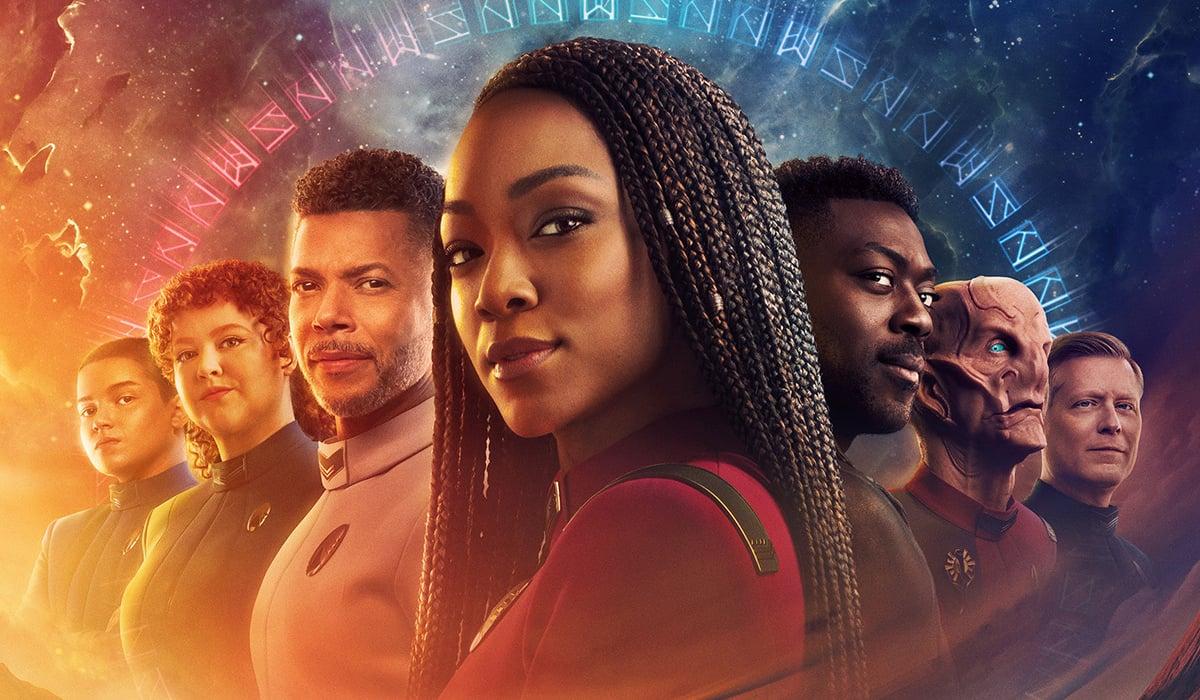
Popverse's top stories
- How Critical Role’s fan community helps Matthew Mercer remember a decade of storytelling
- Inside the "gutsy decision" by Marvel to kill the Ultimate Marvel imprint, and why they were worried continuing it would be wrong
- Every Final Fantasy game is different, but these are the things that always stay the same [Gamify My Life]
If you’ve managed to find your way to this genre-laden quadrant of the internet, you’ve no doubt already heard one of the most tired and well-worn complaints about the now-concluded Star Trek: Discovery, the show that resurrected the long-running franchise as a TV property after more than a decade - that the series is just “too woke.”
The term "woke" originated from African American Vernacular English. It initially meant to become aware of racial discrimination and prejudice. As time passed and the term was more widely disseminated, it became synonymous with gaining cognizant of more general social injustice, but in more recent years, the term has been hijacked by those who view the original concepts of the word with derision. Thus, it has become closely connected with the modifier "too," and applied as a negative label to anyone (or anything) with a perspective that skews towards highlighting or remedying social injustice. For a certain contingent of unimaginative internet commenters, this means any media that doesn't obviously and immediately center the perspective of cishet white men is summarily labeled "too woke," even before it is released and can be judged on its own merits.
If you hold the opinion that Star Trek is "too woke" (and thus are likely already triggered by this article’s headline), perhaps you should stop recording your sad, angry YouTube “takedown” long enough to consider the following: the joke’s on you. Discovery wasn’t woke enough. And, while the franchise should continue to strive to become more woke, its core philosophy probably means that Star Trek itself will probably functionally never be woke enough.
The Original Star Trek embraces (and names) diversity as its guiding principle
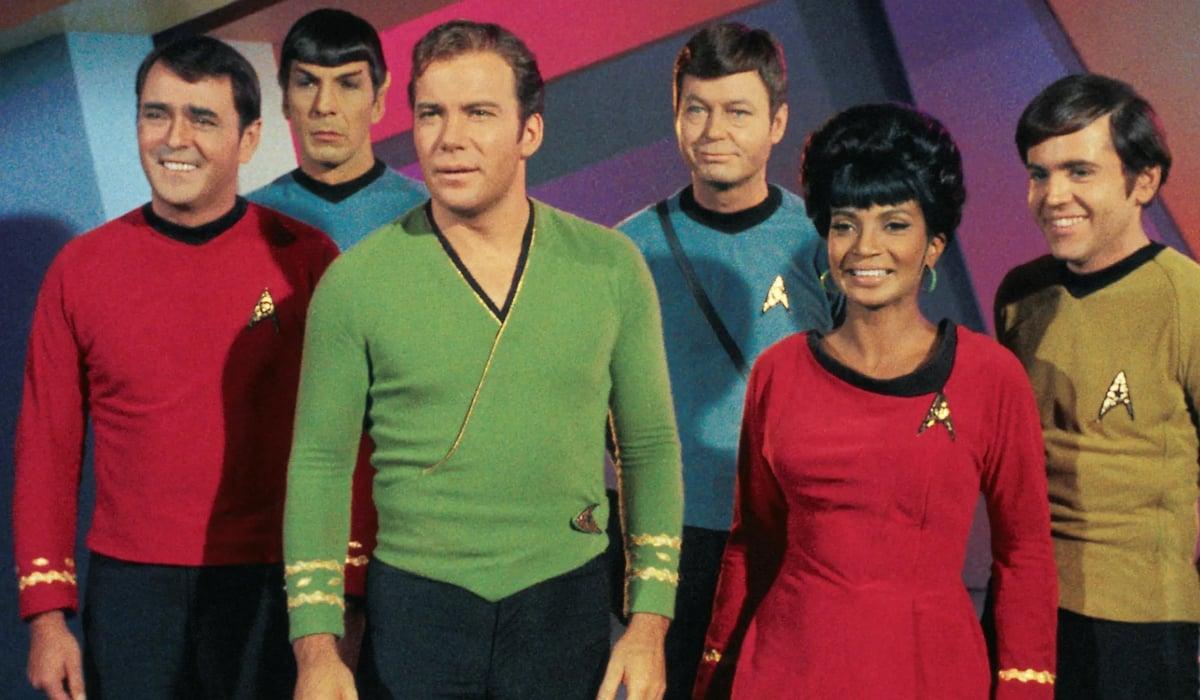
From the very outset, Star Trek has touted a principle it defined as “Infinite Diversity in Infinite Combinations.” Perhaps somewhat ironically, the Federation (the intergalactic organization that acts as, essentially, the United Nations in space) frequently adheres to this principle better than the Vulcans, from whom the phrase originates. In the very first episode of Star Trek: The Original Series — both the aired and unaired pilots — the bridge crew of the USS Enterprise includes several human racial minorities, several women and a dang pointy-eared Vulcan. At the time the episode first aired in the 1960s, all three of these categories were considered what in today’s parlance would be called “woke.”
The inclusion of diverse crew was no accident. It reflected the core values of the franchise’s creator, Gene Roddenberry (known to the franchise's devoted fanbase as the "Great Bird of the Galaxy"). According to a 2003 interview with Nichelle Nichols, Uhura was originally a male character before Roddenberry changed his mind and cast Nichols in the role. Initially, this decision was met with executive pushback, but Roddenberry insisted his cooperation was conditional, and would only continue if Nichols portrayed the character.
There are plenty of explicit textual examples of Star Trek's initial commitment to diversity beyond the representation on the bridge. One obvious example from TOS is “The Last Battlefield,” a sci-fi parable in which a pair of aliens — each of them both black and white, but on opposite sides — are committed to destroying one another, and then there is Captain Kirk’s statement in “The Savage Curtain,” which lays humanity’s philosophy on diversity in the 23rd century bare: “We've each learned to be delighted with what we are. The Vulcans learned that centuries before we did.”
Clearly, failing to identify diversity as a core component of the Franchise isn’t just overlooking the subtext. At a certain point, you’re simply failing to understand the text as a whole.
Diversity and the Federation through Voyager and Deep Space Nine
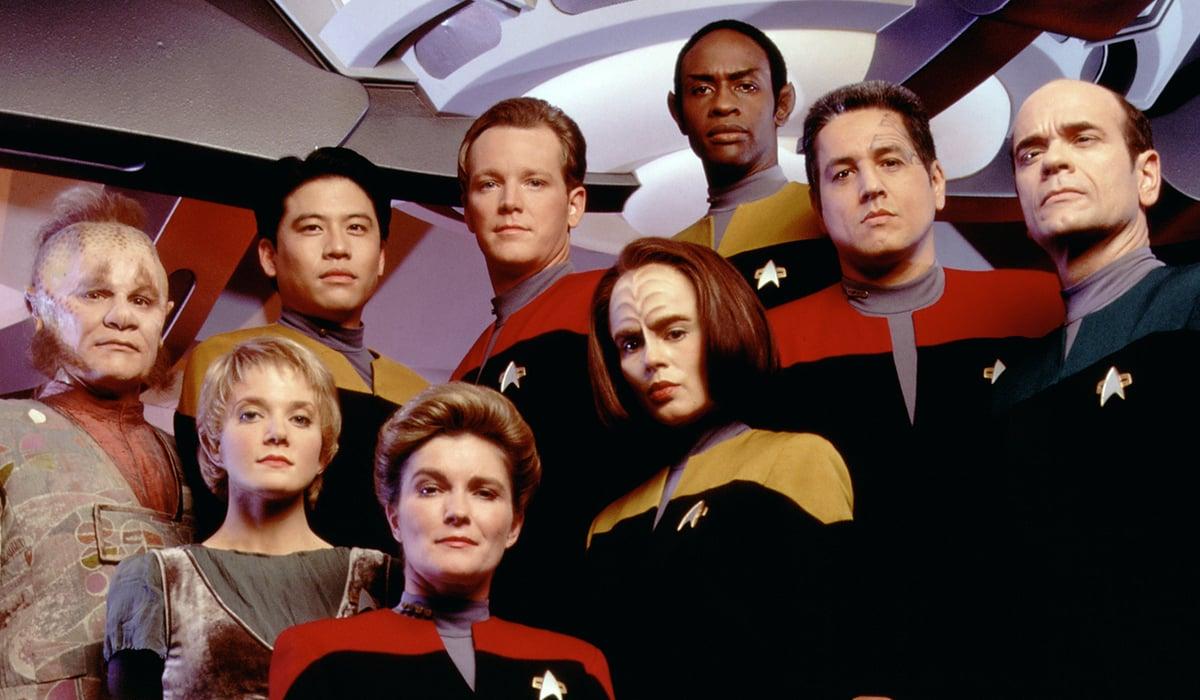
In fact, inclusion and the respect of diversity is written right into the fictional charter of the United Federation of Planets, the guiding organization of the series.
When an excerpt of the charter is displayed on screen in the Star Trek: Voyager “The Void,” this value is made explicit. According to one passage, the purpose of the Federation is “to promote social progress and better standards of living on all worlds, and for these ends, to practice toleration and live together in peace with one another.” In other words, the Federation charter calls on its members to be “social justice warriors.”
Another textual instance of the diversity having been written directly into the Federation charter is espoused by Captain Sisko in the Star Trek: Deep Space Nine episode “Accession.” In that episode, Sisko advises guest character Akorem Laan that discrimination based on caste is against the charter. It isn't just certain kinds of diversity that must be upheld, but rather every single unique individual, no matter how they are "different."
How the franchise measures up today: Discovery, Strange New Worlds, and Lower Decks
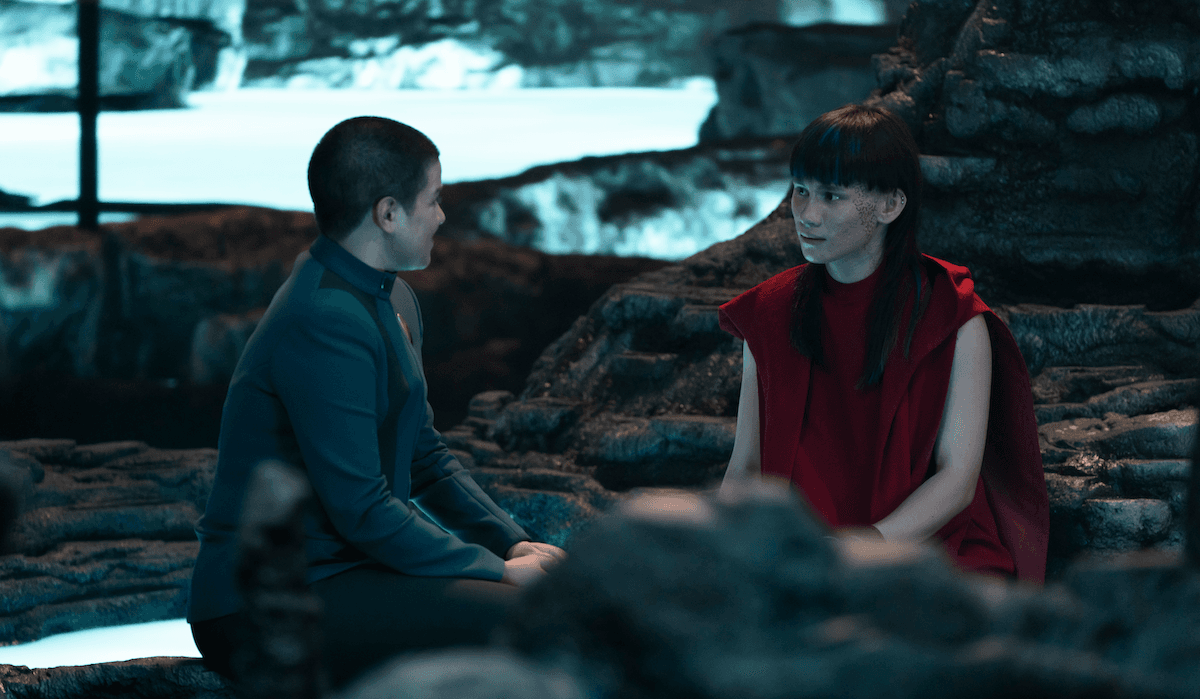
So how do current (and recent) iterations of Star Trek measure up to its intrinsic goal of being “woke”?
Discovery did do an admirable job of pushing representation into new territory for the franchise. The show’s protagonist and, beginning in season 3, captain was Michael Burnham, a Black woman. Throughout the show’s five seasons, a queer couple played a significant role. While Hugh Culber and Paul Stamets did have their relationship issues, they ultimately resolved them and were shown to be a stronger married couple after the fact. Their relationship lasted through to the show’s series finale.
Also in season 3, Discovery added a nonbinary character, Adira Tal, and their trans boyfriend, Gray Tal. Both characters continued to play significant roles throughout the duration of the show, with Adira occupying a main role and Gray as a recurring guest star.
As the seasons progressed, Culber and Stamets became surrogate parents for Adira, giving Star Trek its first queer family. But in Discovery season 5, Adira and Gray discontinued their romantic relationship. While this isn’t necessarily a problem in and of itself, it embodies a troubling recurring pattern among the modern franchise’s depiction of queer couples.
Take, for instance, the romance between Seven of Nine and Raffi Musiker on Star Trek: Picard. While the pair were depicted as being romantically entwined at the conclusion of season 2, in season 3, they had parted ways offscreen.
By the end of season 3, Seven and Raffi hadn’t explicitly been reunited. This is in sharp contrast to the season’s featured cis het couples, embodied by William Riker and Deanna Troi as well as Jean-Luc Picard and Beverly Crusher. And this is not to mention the third season’s focus on a new cishet male character, nepo baby Jack Crusher, who occupied more narrative real estate than many (or maybe all) of the show’s returning diverse characters.
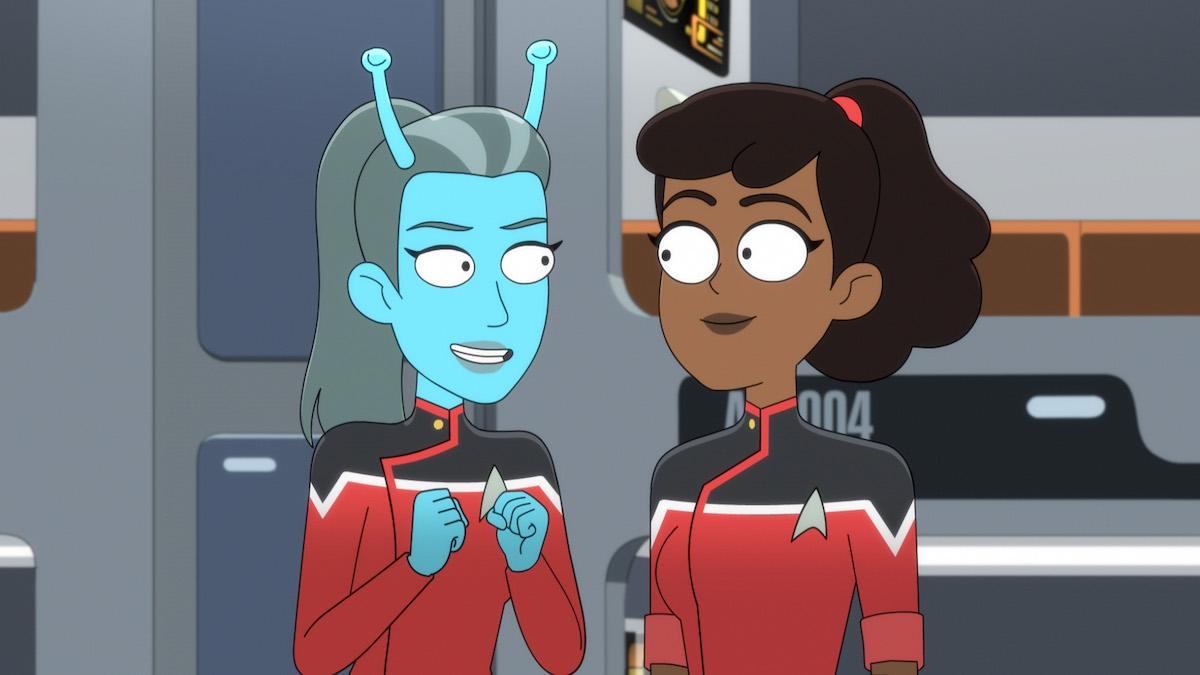
In Star Trek: Lower Decks season 2, Beckett Mariner made her pansexual orientation explicit in the episode “We’ll Always Have Tom Paris.” At the conclusion of the season, she began a relationship with Jennifer Sh’reyan the Andorian. While this relationship was shown throughout season 3, it was unceremoniously concluded in “Trusted Sources,” and in “The Stars at Night,” Mariner even gives an apparently contrite Jen the cold shoulder.
Meanwhile, Discovery spin-off Star Trek: Strange New Worlds does feature people of color and many women in its main cast. However, the show’s only prominent queer character so far has been the nonbinary pirate Captain Angel, who has so far guest starred in only a single season one episode, “The Serene Squall.” Captain Pike specifically tells them that “Starfleet could use more people with [their] perspective.” However, SNW has done little beyond adding a small season 2 role for a nonbinary transporter chief to demonstrate a commitment to this stated necessity.
Moving Forward
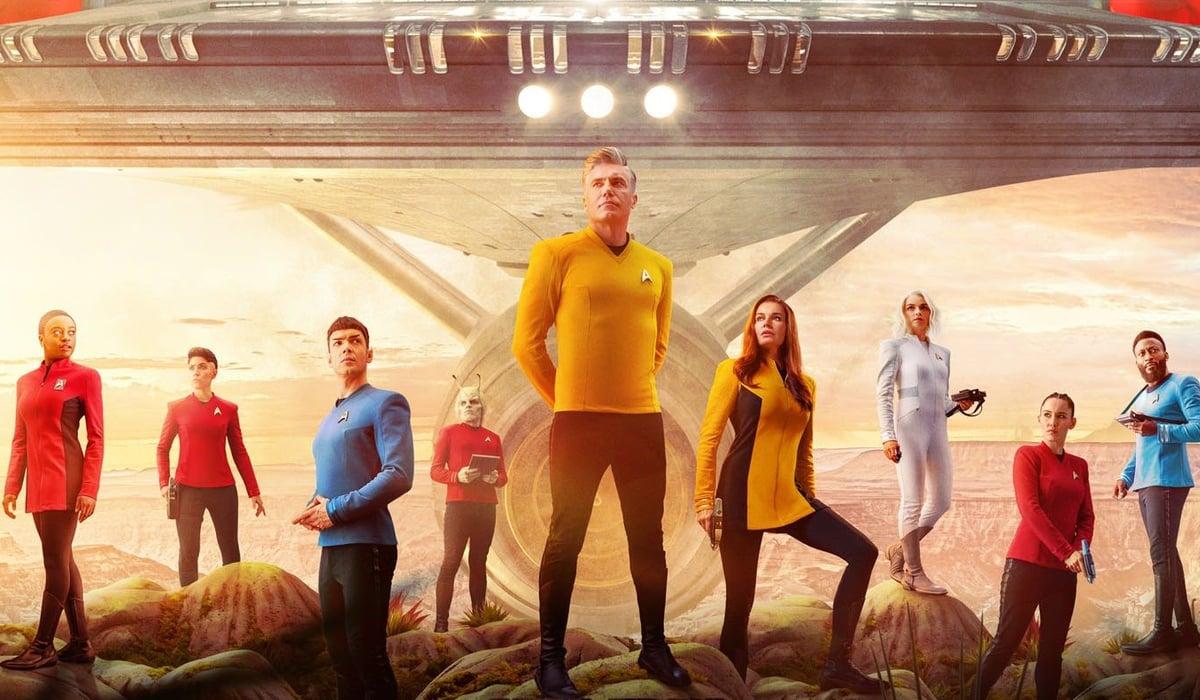
In order to embody its stated principles, Star Trek must continue to push the envelope on representation and its depiction of Infinite Diversity in Infinite Combinations. As suggested by the inclusion of the word “infinite,” this is not a goal that can ever be fully achieved, but rather an ongoing mission that must always be at the forefront of the showrunners’ creative agendas.
Beyond the obvious goals that still need to be achieved, like including a binary trans person as a main series cast member and allowing queer couples to flourish as their cis het counterparts do, there will always be demographics that have yet to see themselves reflected by a major character on the show. That's what "infinite diversity" means: by definition, it has no end.
Star Trek has been and always shall be “woke,” but merely by committing to "infinite" diversity (and, of course, "infinite combinations" thereof), it can, by definition, never be “too woke.” Moving forward, the franchise should always strive for more and more varied representation. Superficial feints towards inclusion are simply not enough to achieve this goal.
Has this article personally offended you? Perhaps you should spend some time considering why you are so triggered by media that doesn't immediately center someone who looks and thinks like you, snowflake. Now enjoy my sarcastic Vulcan salute as head off to enjoy viewing a few of my favorite episodes of the best (and most diverse) TV sci-fi Franchise of all time. Qapla'!
Space may be the final frontier, but there's no end to Popverse's love of the Star Trek universe. Hop aboard the starship Enterprise with our Star Trek watch order, explore strange new worlds with our upcoming Star Trek TV shows and movies list, seek out the new life of the franchise, and boldly go where no Star Trek film has ever gone before - with Quentin Tarantino?
Follow Popverse for upcoming event coverage and news
Find out how we conduct our review by reading our review policy
Let Popverse be your tour guide through the wilderness of pop culture
Sign in and let us help you find your new favorite thing.


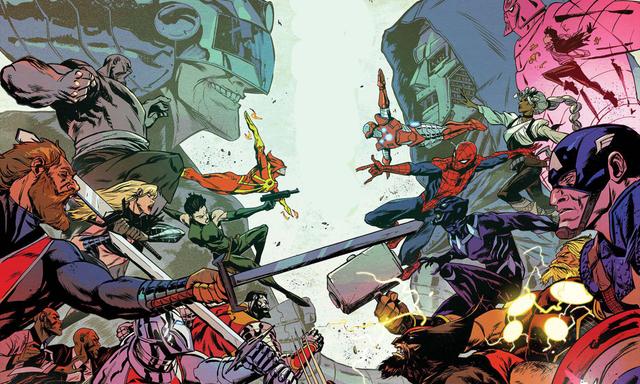
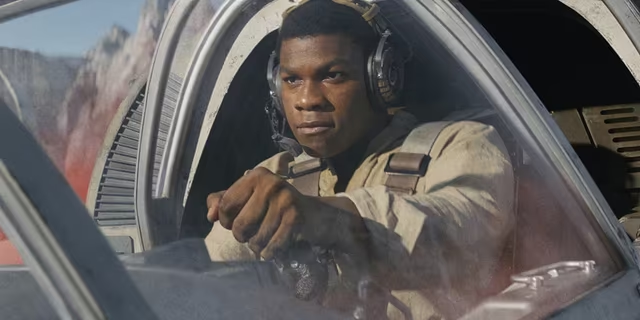

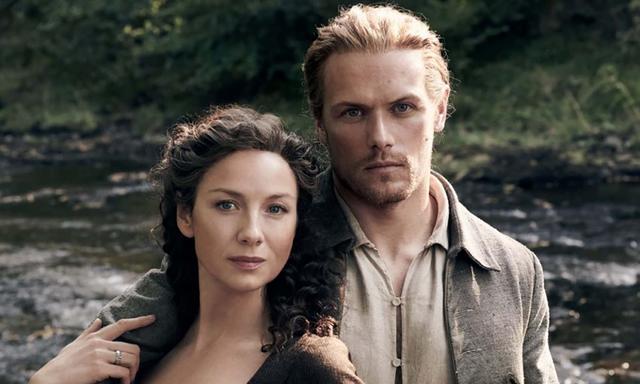
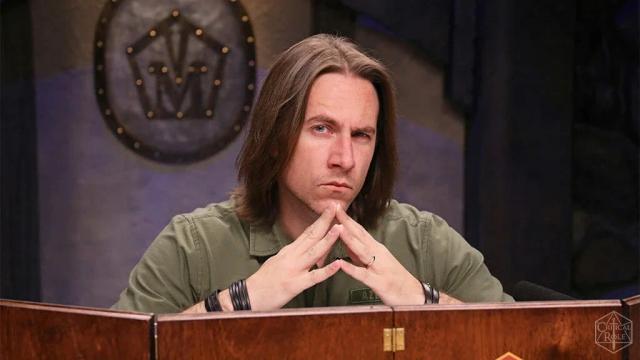
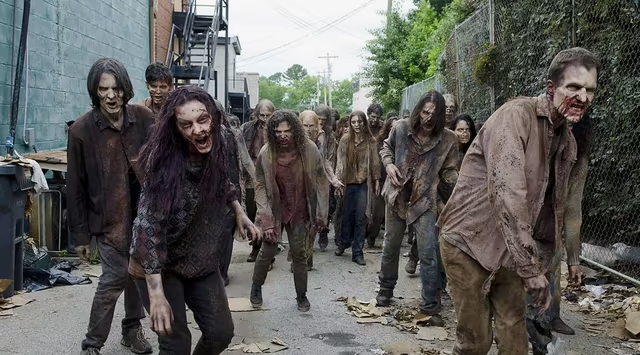

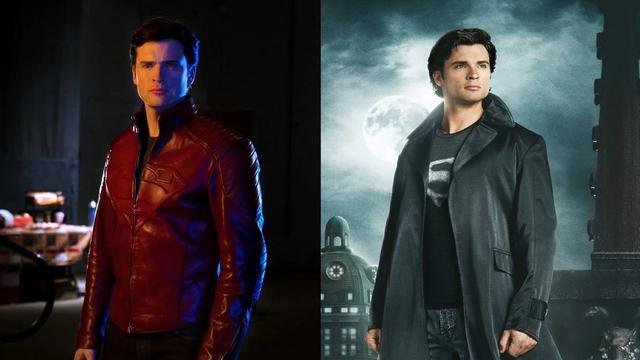






Comments
Want to join the discussion? Please activate your account first.
Visit Reedpop ID if you need to resend the confirmation email.